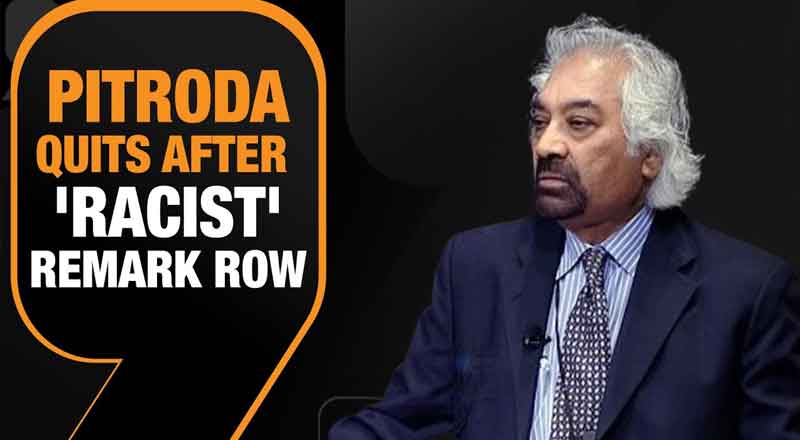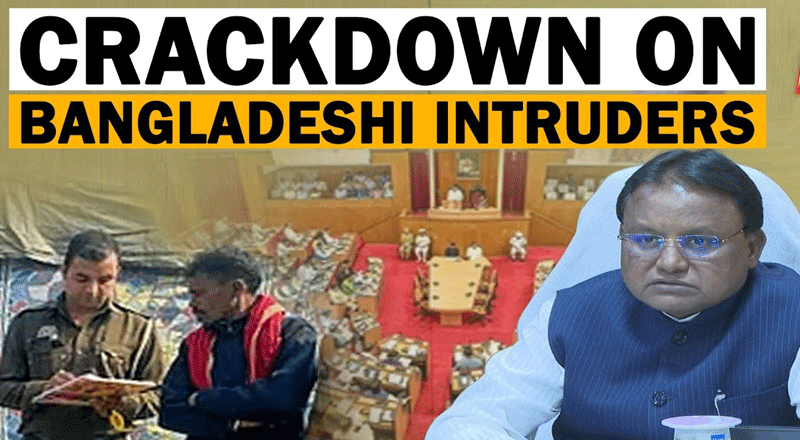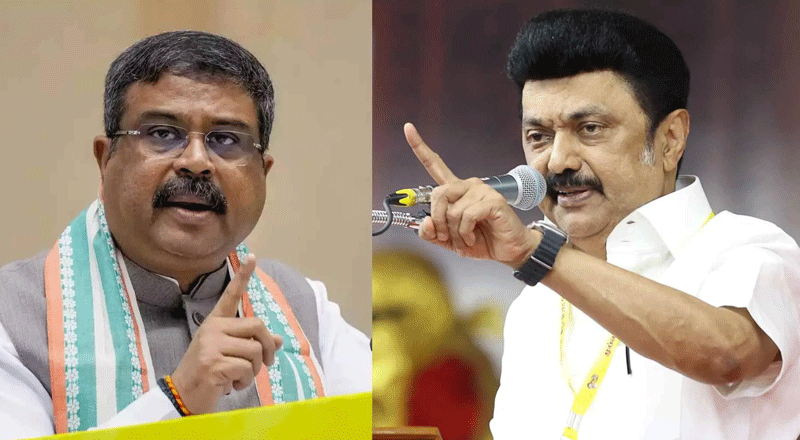- Sam Pitroda tenders his resignation as chairman of the Indian Overseas Congress.
- His recent remarks, intended to extol the diversity of India, have instead ignited a firestorm of criticism and condemnation.
- Pitroda’s comments and his choice of words – suggesting that people from different regions resembled Africans, Arabs, or Chinese – struck a discordant note.
- Prime Minister Narendra Modi wasted no time in seizing upon Pitroda’s remarks, lambasting them as divisive and derogatory.
- With crucial elections looming on the horizon, the party can ill afford to be mired in yet another controversy.
- Jairam Ramesh, announced Pitroda’s resignation, signaling the party’s intent to stem the tide of negative publicity and regain control of the narrative.
- Meanwhile, as the Congress grapples with the fallout from Pitroda’s resignation, questions linger about the party’s broader strategy and leadership.
- With the specter of elections looming large, the party faces an uphill battle to regain lost ground and rebuild its electoral fortunes.
In the swirling currents of Indian politics, Sam Pitroda, a stalwart within the Congress party and a trusted advisor to the Gandhi family, has found himself at the center of a storm once again. His recent remarks, intended to extol the diversity of India, have instead ignited a firestorm of criticism and condemnation, prompting him to tender his resignation as chairman of the Indian Overseas Congress.
Pitroda’s comments, made in an interview with The Statesman, were aimed at highlighting the myriad hues of India’s cultural fabric. However, his choice of words – suggesting that people from different regions resembled Africans, Arabs, or Chinese – struck a discordant note, drawing sharp rebukes from across the political spectrum. Prime Minister Narendra Modi wasted no time in seizing upon Pitroda’s remarks, lambasting them as divisive and derogatory.
The fallout from Pitroda’s remarks couldn’t have come at a worse time for the Congress party, already grappling with a series of controversies and electoral setbacks. With crucial elections looming on the horizon, the party can ill afford to be mired in yet another controversy. Jairam Ramesh, the head of Congress communication, announced Pitroda’s resignation, signaling the party’s intent to stem the tide of negative publicity and regain control of the narrative.
However, Pitroda’s resignation is merely a symptom of deeper fissures within the Congress party. His penchant for making controversial statements has long been a cause for concern among party insiders, who worry about the damage such remarks can inflict on the party’s image and electoral prospects. Indeed, Pitroda’s previous remarks on the inheritance tax in the United States had provided ammunition to the BJP, which wasted no time in exploiting them for political gain.
Within the Congress ranks, there is a growing realization that the party needs to exercise greater discipline and control over its messaging if it hopes to mount a credible challenge to the BJP. Pitroda’s departure may provide temporary relief, but it also underscores the need for a more cohesive and unified approach within the party.
Meanwhile, as the Congress grapples with the fallout from Pitroda’s resignation, questions linger about the party’s broader strategy and leadership. With the specter of elections looming large, the party faces an uphill battle to regain lost ground and rebuild its electoral fortunes. Pitroda’s departure may be seen as a necessary sacrifice in the pursuit of electoral success, but it also serves as a stark reminder of the challenges the party faces in navigating the treacherous waters of Indian politics.
As the dust settles on yet another controversy, the Congress finds itself at a crossroads. With the stakes higher than ever and the political landscape more volatile than ever before, the party must chart a course forward that balances the demands of electoral politics with the imperatives of ideological coherence and unity. Only time will tell whether the party can rise to the challenge and reclaim its position as a formidable force in Indian politics.
(With inputs from agencies)





